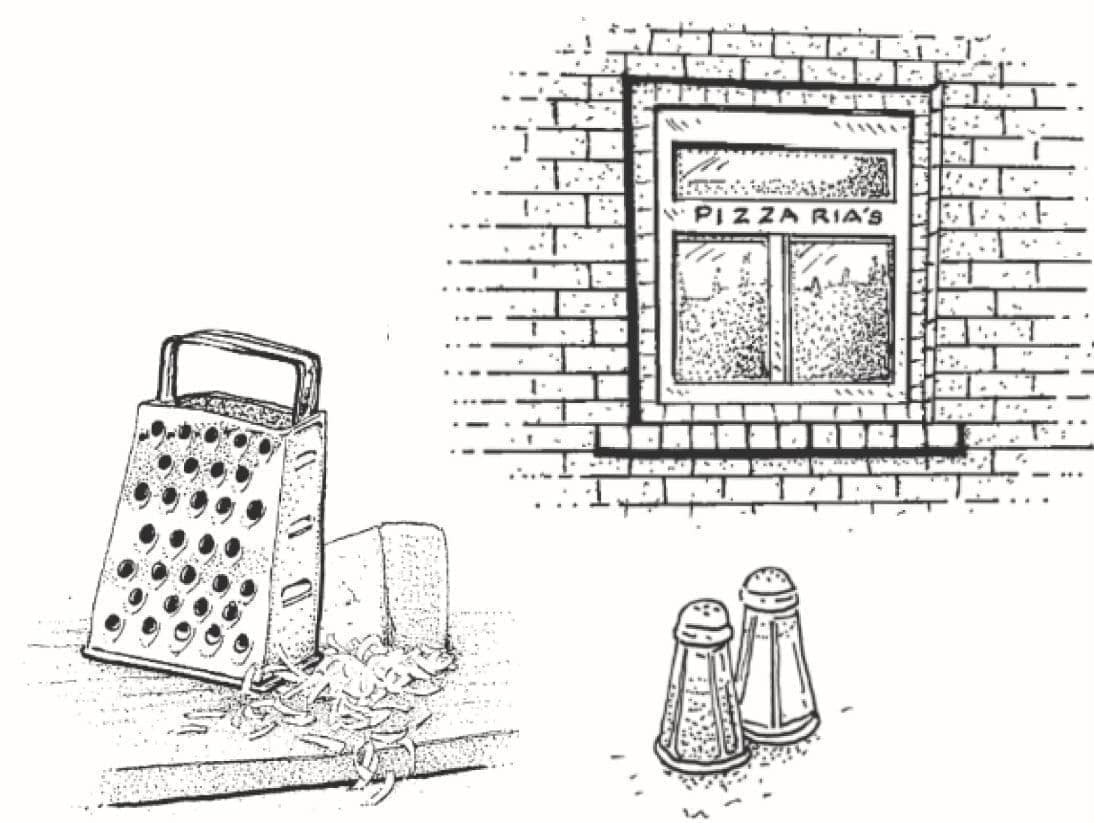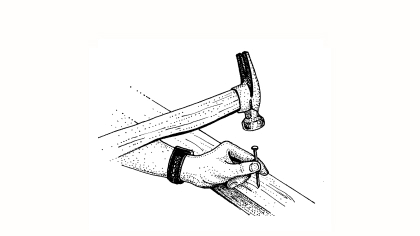Sharing Success
If You’re Not Growing, You’re Dying
In business, if you aren’t growing, you’re dying.
Whether gradually or quickly, businesses are either evolving and advancing or they are slowing and/or falling behind. The difference between the two outcomes is often determined by the mindset of the owners and/or leaders responsible for setting its direction. When it comes to business success, nothing can be taken for granted. Successful businesses can become complacent and lose momentum. Struggling businesses can often reinvigorate themselves. Either way, long-term success often comes down to the business mindset its leadership chooses to embrace.
Here is what I mean.
Growing up in our farming community, I observed from an early age that farming success typically favored the local farmers who naturally embraced a “growth mindset.” It is clear to me that their approach set them apart. When faced with a problem and/or opportunity, growth-minded farmers automatically assumed that new ideas were worth trying and that the inevitable setbacks could be overcome. Not every new idea would pay off. But, over time, enough big and small ideas would pay off to more than offset time spent on those falling short.
As a result of constantly “seeking a better way,” these farmers’ skills and insights gradually improved; their farming operations grew; and most importantly, their businesses remained financially successful over time. There were other hardworking farmers in our area whose soil was equally fertile. But their farming businesses were not as successful over time. I am sure there were other factors that led to these outcomes, but one thing these farmers typically had in common was a “fixed mindset.”
When faced with new technology or changing consumer preferences, farmers with a fixed mindset usually rejected trying new ideas, methods, or technologies as “unproven” or “too risky.” They preferred sticking to what felt familiar and “safe” instead of seeking a better way. They were fond of the adage, “If it’s not broke, don’t fix it!” Ironically, choosing not to evolve often proved far riskier to their long-term success. As a result, many of those farming operations gradually declined and became less competitive over time. Eventually, their businesses struggled and desperately needed a fix.
As I mentioned before, businesses also face other competitive factors beyond our control. Embracing a growth mindset can help businesses adapt and evolve. On the other hand, having a fixed mindset tends to limit future opportunity. In short, “If a business isn’t growing, it’s dying.”
As the leader, it is imperative to encourage your team to embrace a growth mindset.
I know from my own business career that keeping a growth mindset isn’t always easy. Whenever you are trying something new or employing a novel technology, there will be problems – count on them! The inevitable setbacks can cause almost anyone, including individual team members, to question whether “seeking a better way” is worth the time and trouble.
It is critical to determine whether setbacks can be overcome or if they are serious enough to keep the idea from efficiently working within your business. Once it is determined that the setback can be conquered and the new idea or technology will give your business a serious edge, you must get out in front and lead your team in incorporating it into the business. The leader must embrace and actively demonstrate the mindset that “seeking a better way” is necessary for evolution and growth.
Finally, I firmly believe that keeping a business growing requires doing so while remaining profitable. I make this distinction because it is not hard to “grow” sales by selling at unsustainably low prices. However, remaining profitable is necessary for longterm business success, as well as providing an amazing sense of accomplishment for you and your entire team.
Until next time,
Ciao!
Tom Cortopassi, President and Co-Owner







